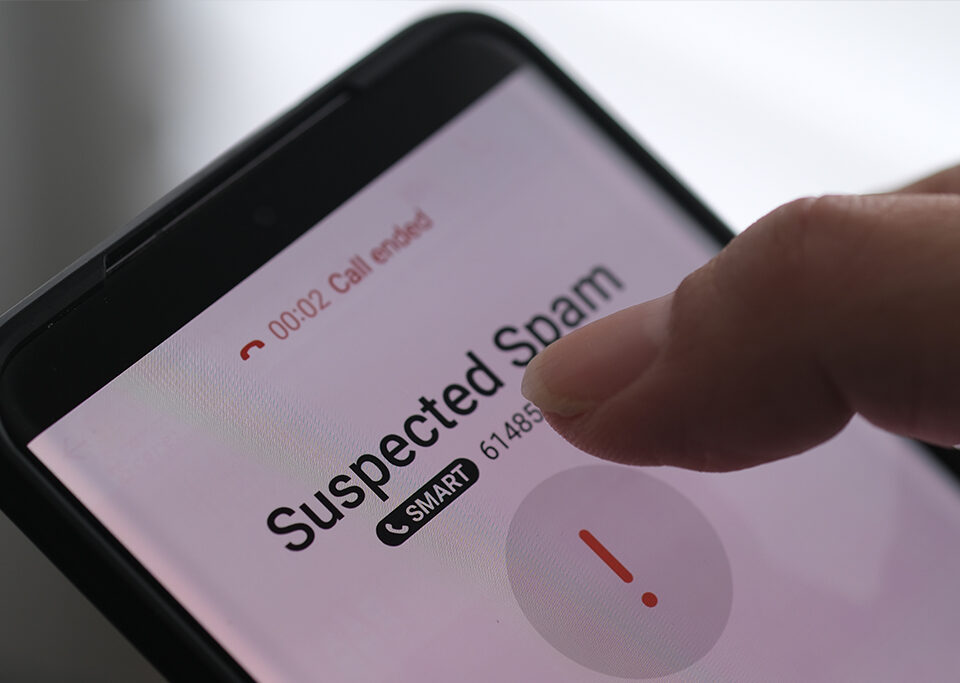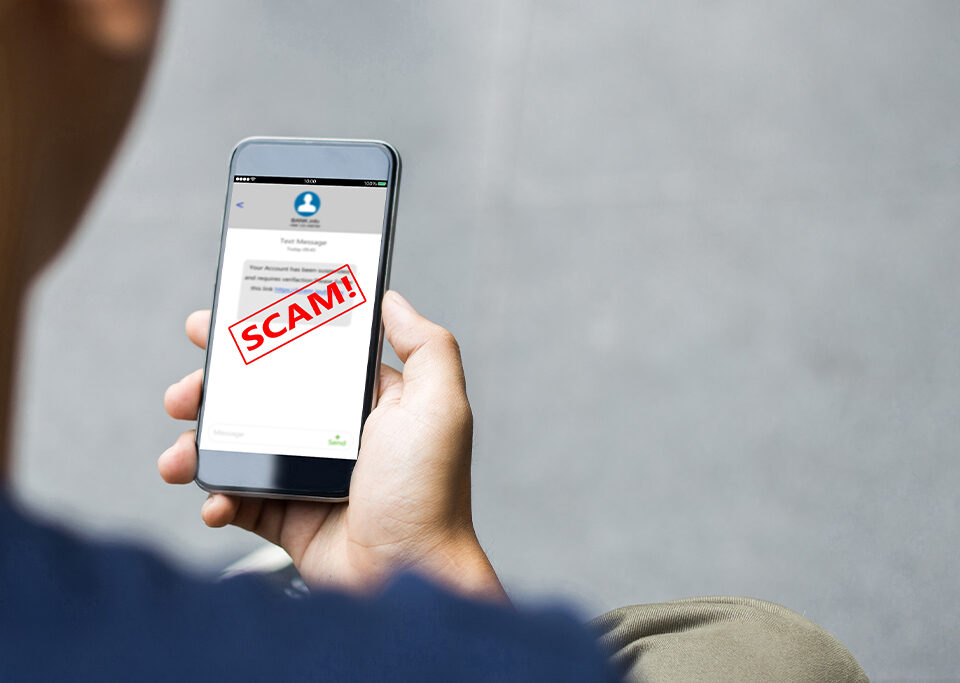SCAMS
Scams are increasingly common particularly online and can do profound harm to their victims. We need to be vigilant about scams to protect ourselves.
This page is designed to assist you in understanding what scams are, how to avoid becoming a victim and where to go if you need assistance.

What are scams?
A scam is a deceptive scheme or trick used to cheat someone out of money or other valuable things. Scammers often use false promises, fake stories, or misleading information to manipulate their victims into giving up their resources, personal information, or both.
You can find more detailed information about scams by going to Scamwatch. It is a great source of information about the latest scams, things to look out for and data in relation to scams.
Common scammer actions
Scammers often look for new actions to scam or trick people into giving away their personal information or money. Here is a list of common scam actions that have been identified, this list is ever changing and you need to be vigilant:
- Sending messages that ask you to click on a link that takes you to a webpage asking for your username, password, or personal information
- Creating a sense of urgency by requesting personal details or money quickly
- Linking to an organisation that you think is real, tells you there has been an unauthorised transaction, or asks you to confirm a payment that you didn’t make
- Acting as a business that asks you to use a different bank account and BSB from the last payment you made
- Pretending to be from a government department, regulator or law enforcement and they threaten immediate arrest, deportation, or ask you to pay money
- Asking you to transfer money to an account to ‘keep it safe’ or for ‘further investigation’
Specific types of scams
Scamwatch has identified an extensive list of ways scammers try to get in touch.
Click on each icon to find out more information about each type of scam from the Scamwatch website.
Scam Prevention
Don’t just react.
Visit Scamwatch ways to spot and avoid scams.
Could this be fake?
Read through the different types of scams.
Act quickly.
Learn what to do if you’ve been scammed.
Where to get help?
If you suspect you have been scammed or need to obtain help on Scams, below is a list of useful resources to find more information:
ScamWatch
Report a scam
Get support
- MoneySmart find a financial counsellor
- Visit the the National Debt Helpline or call 1800 007 007
- Beyond Blue online chat (24 hours a day, 7 days a week)
- Lifeline online crisis support chat (24 hours a day, 7 days a week)
Frequently Asked Questions
- STOP - Take a moment before you act
- THINK - Ask yourself if this could be fake
- PROTECT - If you've already responded to a scam, take action right away to protect yourself
- Send you emails or texts with links to sign into your account
- Tell you you'll be arrested
- Ask you to pay tax debts using gift cards, bitcoin, or prepaid credit cards








